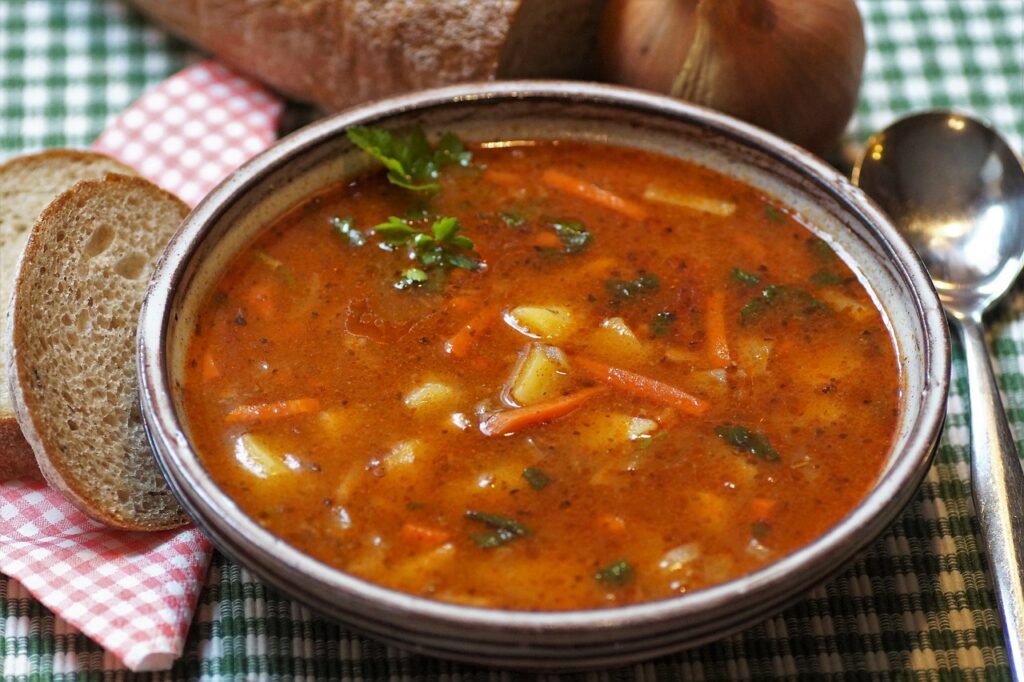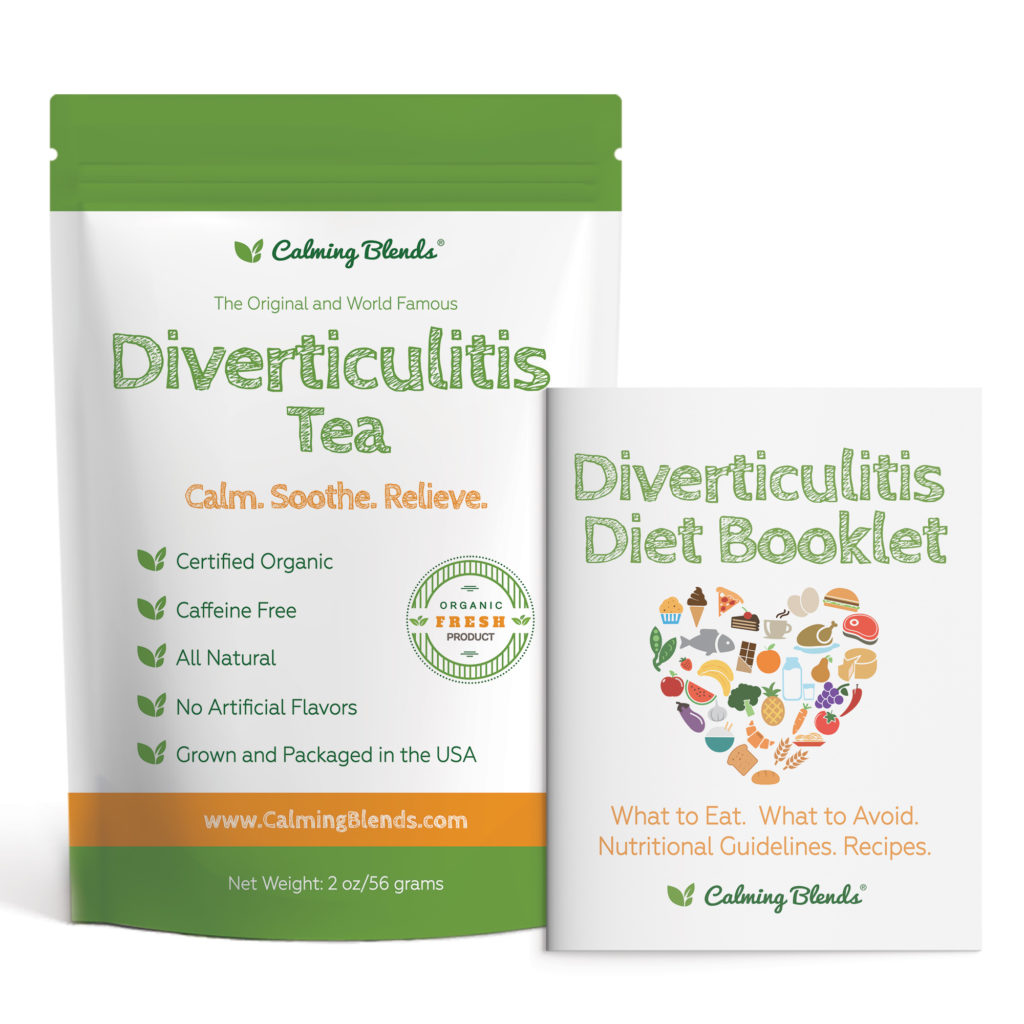Diverticulitis is a digestive condition that occurs when small pouches or pockets form in the lining of the colon and become inflamed. This condition affects millions of people worldwide, and it’s important to follow a healthy diverticulitis diet food list to help manage symptoms and prevent complications.
A diverticulitis diet is one that is high in fiber, low in fat, and easy to digest. This diet can help reduce inflammation and prevent flare-ups. Here is a list of foods that are recommended for people with diverticulitis:
- Fruits: Fruits are an excellent source of fiber and antioxidants, which can help reduce inflammation in the colon. Some recommended fruits include apples, bananas, pears, berries, and melons. It’s important to avoid fruits with small seeds, such as strawberries, raspberries, and blackberries, as these can get stuck in the diverticula and cause inflammation.
- Vegetables: Vegetables are also an excellent source of fiber and can help promote bowel regularity. Some recommended vegetables include broccoli, spinach, kale, carrots, sweet potatoes, and squash. It’s important to avoid vegetables with seeds, such as tomatoes, as well as those that are tough and hard to digest, such as corn and raw onions.
- Whole grains: Whole grains are an excellent source of fiber, which can help reduce inflammation and promote bowel regularity. Some recommended whole grains include oatmeal, brown rice, quinoa, and whole-wheat bread and pasta.
- Lean protein: Lean protein is important for building and repairing tissues in the body. Some recommended sources of lean protein include skinless chicken, turkey, fish, and lean cuts of beef and pork.
- Low-fat dairy: Low-fat dairy products are a good source of calcium and vitamin D, which are important for maintaining strong bones. Some recommended low-fat dairy products include skim milk, low-fat yogurt, and low-fat cheese.
It’s important to drink plenty of water and other fluids, such as herbal tea and low-sugar fruit juice, to help flush out waste and promote bowel regularity.
While following a diverticulitis diet, it’s important to avoid certain foods that can trigger inflammation and cause flare-ups. Some foods to avoid include:
- High-fat foods: High-fat foods, such as fried foods, processed foods, and fatty meats, can be difficult to digest and can trigger inflammation in the colon.
- Spicy foods: Spicy foods, such as hot peppers and chili powder, can irritate the colon and cause inflammation.
- Seeds and nuts: Small seeds and nuts, such as popcorn, sesame seeds, and sunflower seeds, can get stuck in the diverticula and cause inflammation.
- Alcohol and caffeine: Alcohol and caffeine can irritate the colon and cause dehydration, which can make symptoms worse.
It’s also important to avoid foods that are difficult to digest, such as raw vegetables, fruits with tough skins, and foods with high amounts of fiber. These foods can cause bloating, gas, and abdominal discomfort.
In conclusion, following a healthy diverticulitis diet list can help manage symptoms of diverticulitis and prevent flare-ups. It’s important to eat a variety of fruits, vegetables, whole grains, lean protein, and low-fat dairy products, while avoiding high-fat foods, spicy foods, seeds and nuts, and alcohol and caffeine. Drinking plenty of fluids is also important to promote bowel regularity and prevent dehydration.
References:
Mayo Clinic. (2021). Diverticulitis
National Institute of Diabetes and Digestive and Kidney Diseases. (2021). Diverticulosis and Diverticulitis. Retrieved from https://www.niddk.nih.gov/health-information/digestive-diseases/diverticulosis-diverticulitis
Harvard Health Publishing. (2021). Diverticular disease: Eating to prevent flare-ups. Retrieved from https://www.health.harvard.edu/diseases-and-conditions/diverticular-disease-eating-to-prevent-flare-ups


